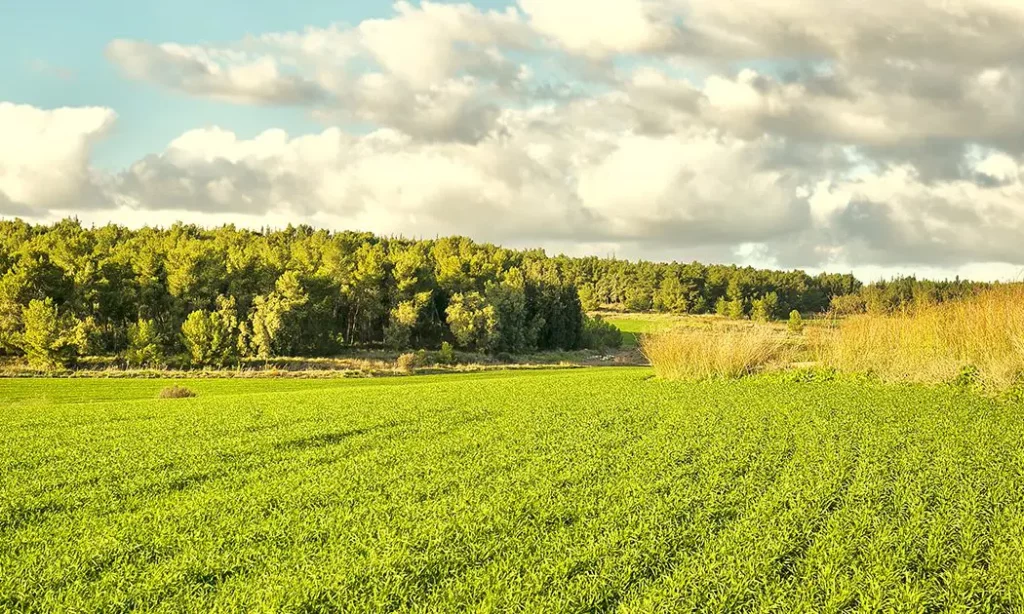Around 878.6 million acres of rural land are for sale throughout the United States. From the deep wetlands of Florida to the picturesque open plains of Montana, these properties offer you and your family plenty of room to hunt, farm, and enjoy the natural world.
In addition to being wildly beautiful, land sales in rural communities are impactful when it comes to innovation and commercial development. We need more investment in infrastructure businesses supplying food, energy, and raw materials to the market.
Prices have risen due to the demand for homes in rural communities. Couple that with a need for people to get out of congested cities, the move toward hybrid or at-home work models, and just a general sense of safety in rural settings, and you have a recipe for change.
The only thing left to do is ensure that your investment in rural real estate doesn’t result in a bad ROI. Here are tips and tricks for getting the most value.
1 – Always Research Local Zoning Codes
Rural communities are gorgeous areas for setting up your family home, but they may not have all the freedom of building opportunities you may dream about. Sometimes, what looks like a big open field is just close enough to a waterway or endangered species to restrict what you can and cannot build on the land for sale.
Do yourself a big favor and confirm the property’s listing with the town office. Speak to the assessor or town secretary so you know with 100% certainty that the land is designed for commercial, residential, industrial, agricultural, or other zoning designations.
While you’re at it, be sure to confirm roadway access limitations or shared affiliations of resources like water, agriculture, or even trailheads to other properties.
2 – Know Your Water Rights
Water is fundamental to any agricultural activity. It is the key ingredient between successful crop/herd management and business failure. Even when you’re purchasing land for sale in high-rain areas like Maine, the Pacific Northwest, or parts of upper Utah, you may still have issues with water management.
You need to know if the property has a well, if there are water rights to a nearby body of water, and if the available water has been recently tested. What may look like beautiful lake access can quickly turn into a nightmare for your future vacation home if there are frequent issues with contamination and safety.
You may want to look at future adjacent land for sale investment as well. This way, if you do have shared access, you can increase your future claim based on the size of the total property.
3 – Confirm Sewer Infrastructure
Similar to water rights, you also want to know the permitting, testing, and contracting situation regarding any changes to your future rural real estate septic system. Even if you are only purchasing a home for your family, you don’t want to deal with an outdated or inaccessible town line that can quickly turn your home into a stinky nightmare.
Sometimes, confirming septic includes where you can install a newer system. Many rural land sales involve “off-grid” or only partially connected homes. You want the freedom to install a newer system that works for the size and use of your property.
4 – Engage Special Tax Allowances
There are kinds of land use tax allowances you’re going to want to leverage. Everything from a Homestead Tax Exemption in one state to putting up an apiary for farming purposes in another can save you tens of thousands of dollars annually.
When considering land sales in rural communities, you don’t want to sign away any beneficial tax allowances. Plenty of land tax designations, like using part of your property for forestry or another part for eco-friendly offsets, can be highly attractive and may not be included in the land for sale listing. Don’t be afraid to ask questions so you hear about these allowances before you buy.
5 – Hire a Real Estate Expert Knowledgeable in Land Sales
Working with a broker or an agent that understands property details is crucial to your land sale negotiations.
If you can, seek out title insurance and an option. This will help protect your new property from unsubstantiated claims.
Purchasing residential or commercial land for sale in rural communities is a wonderful experience. However, you want to do your best to complete any due diligence ahead of time. With this quick list of tips, you should be able to experience quality ROI for your upcoming real estate purchase as well as create a guide for future investment when considering additional properties.

